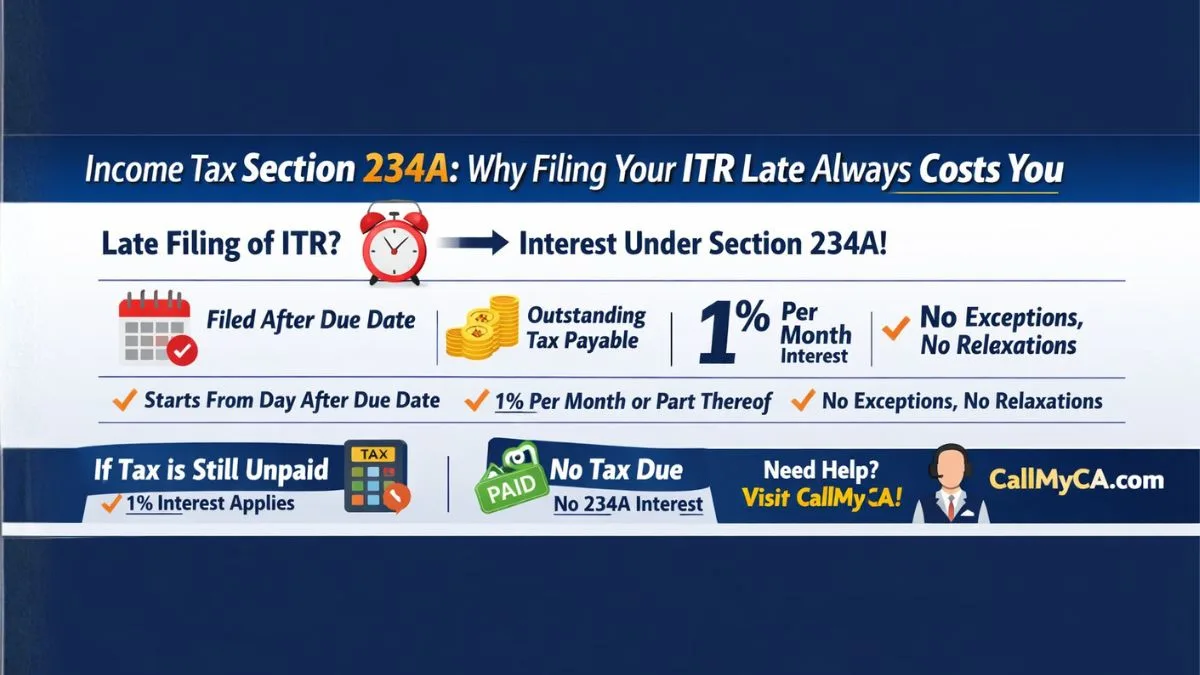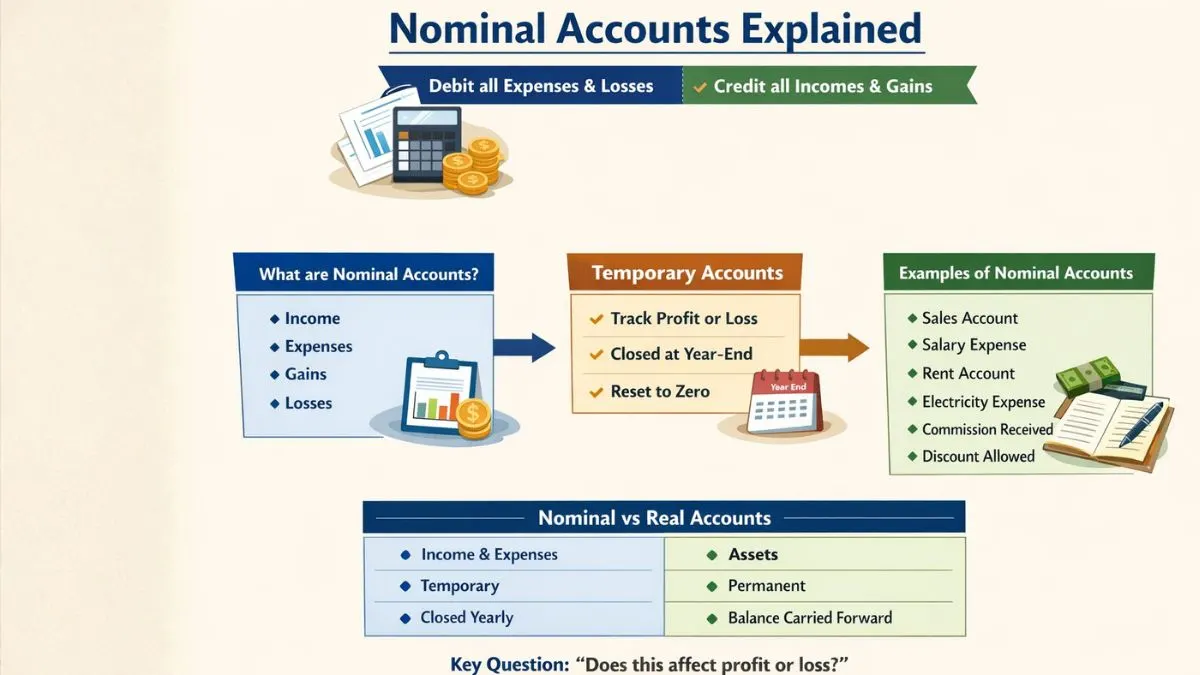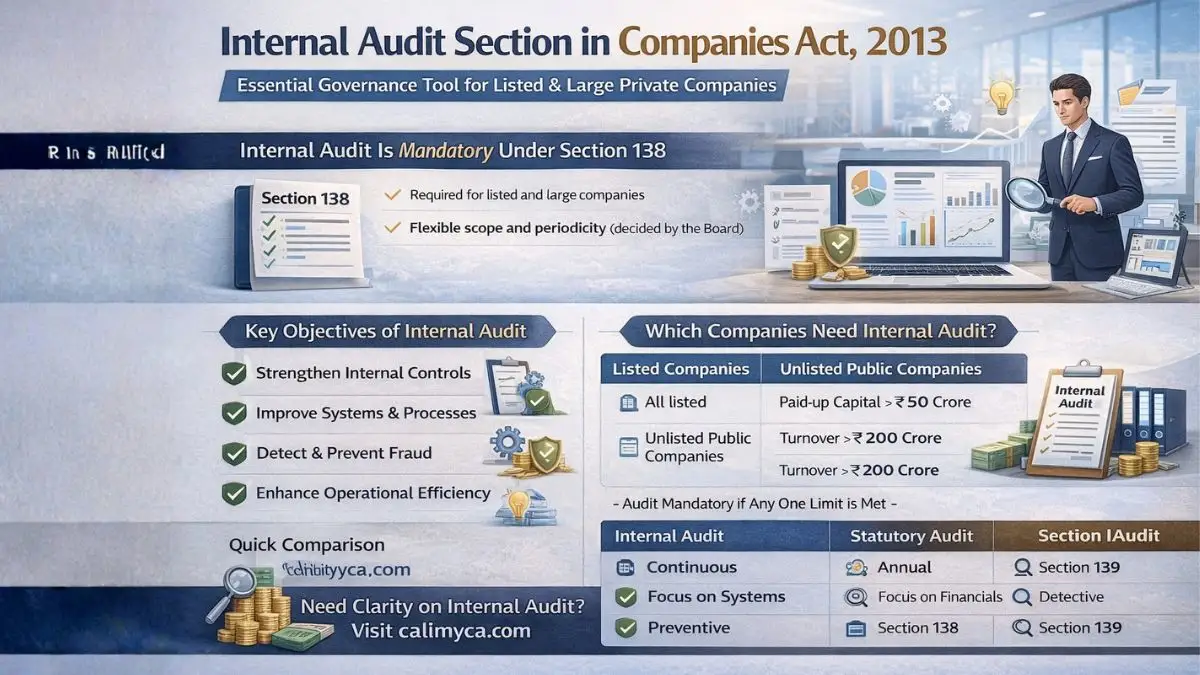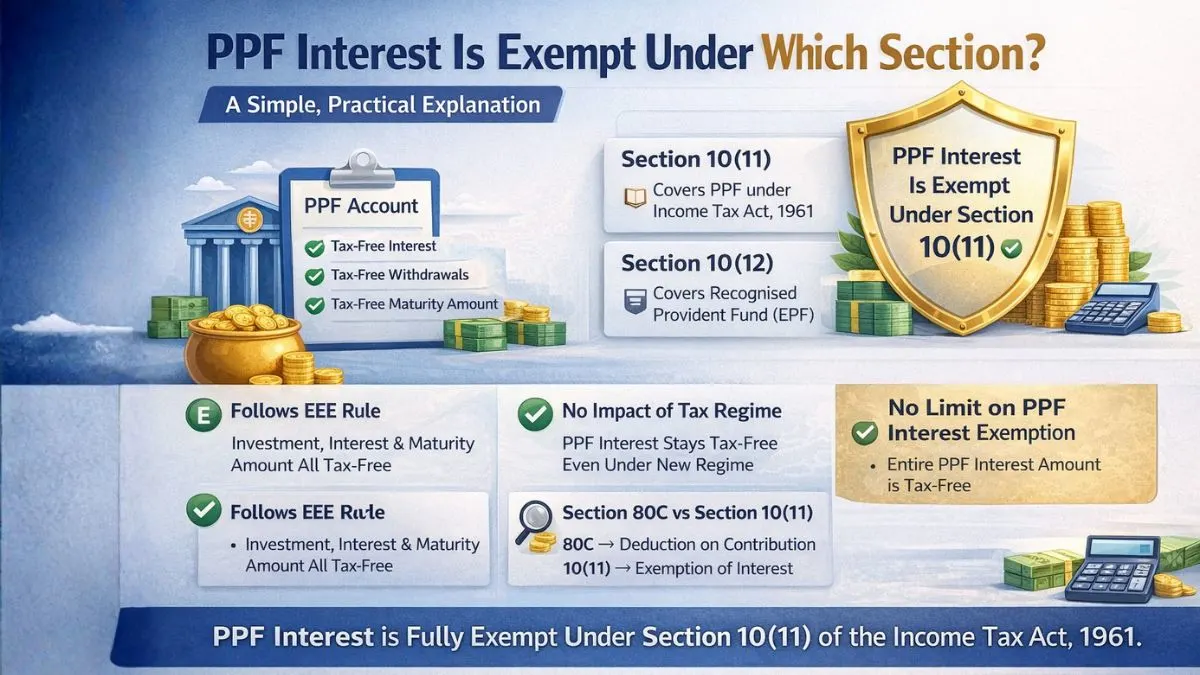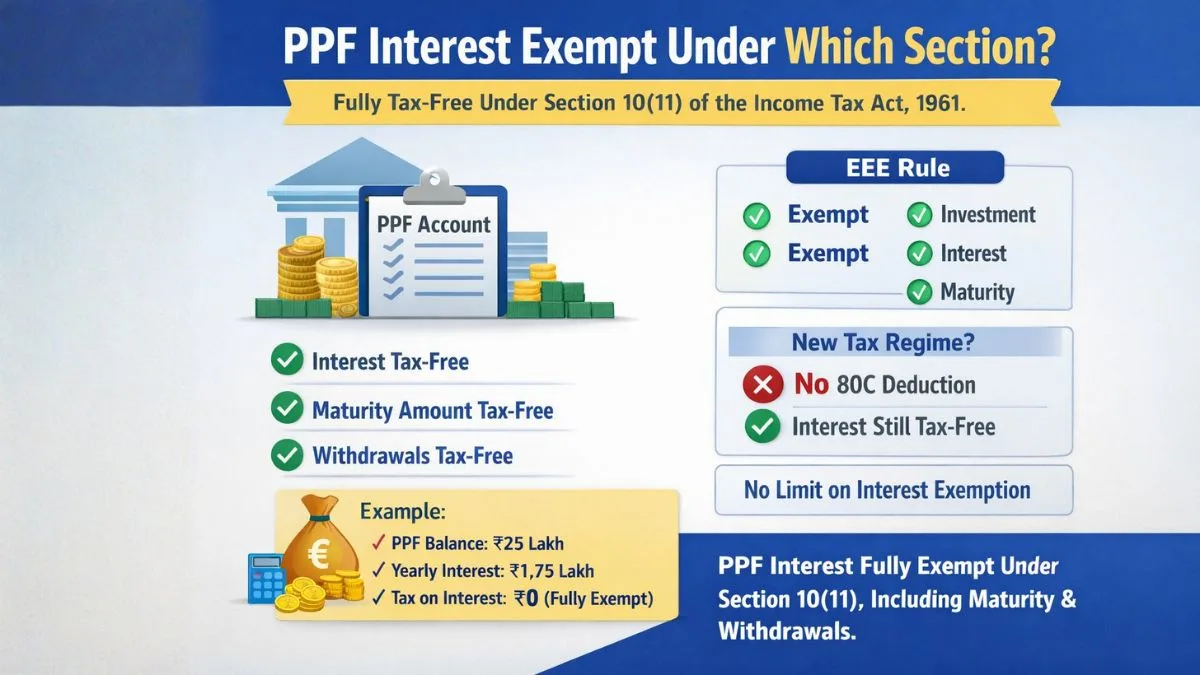
When it comes to taxation in India, certain provisions are designed to provide relief to small & medium investors. One such investor-friendly clause is Section 10(35) of Income Tax Act. This section provides an exemption to income earned by specified entities such as mutual funds. It also ensures that income from the sale of specified mutual fund units is exempt from tax, subject to conditions.
The intent of the law is to encourage people to invest in mutual funds by providing them a fair tax break. For many, Section 10(35) provides exemptions for income earned from the sale of specified mutual fund units, making it a crucial point of reference during income tax return (ITR) filing.
Understanding Section 10(35) of Income Tax Act
Section 10(35) specifically deals with income from specified units of mutual funds or UTI (Unit Trust of India). According to this provision, exempts income received from the specified units is not taxable in the hands of the investor.
This exemption applies whether the income is in the form of:
- Dividend from mutual fund units
- Income received on redemption of units (specified cases)
- Any distribution made by mutual funds that are notified under this section
It is important to note that capital gains from the transfer of mutual fund units are not covered under this exemption. Instead, they are taxed under the head of Capital Gains as per provisions applicable to short-term and long-term capital assets."
Why Was Section 10(35) Introduced?
The government introduced Section 10(35) with the objective of promoting investment in collective funds. Mutual funds pool money from retail & institutional investors and channel them into equities, debt, and hybrid markets. To encourage participation and reduce tax burden, this section allows exemption of certain incomes from specified mutual funds.
This exemption has created a stable ecosystem where investors feel secure while investing in financial instruments. It also aligns with the government’s broader policy of promoting financial inclusion & investment diversification.
Key Features of Section 10(35)
Here’s what makes this section noteworthy:
- Exemption Scope – It covers income from the sale of specified mutual fund units as well as other income received from specified entities.
- Not Applicable to Capital Gains – Any profits arising from sale/transfer of mutual fund units are taxable under capital gains, not exempt.
- Encourages Mutual Fund Investments – By offering tax-free benefits, this section attracts retail investors into financial markets.
- Entities Covered – UTI and mutual funds specified by the government are eligible for this exemption.
In short, Section 10(35 provides an exemption to income earned by specified entities & exempts income received from the specified units, subject to conditions.
Also Read: The Tax Twist That Can Turn Your Profit into a Liability
Income That Qualifies for Exemption
The following types of income are exempt under Section 10(35):
- Dividend income received from a mutual fund or UTI.
- Income distributed by mutual funds, provided they are notified under this section.
- Income earned from units of UTI.
For instance, if you hold specified mutual fund units and receive dividend income, it will not be taxable in your hands due to Section 10(35). Similarly, income earned from the sale of specified mutual fund units is exempt from tax under this clause."
Exclusions Under Section 10(35)
While Section 10(35) provides broad exemptions, there are exclusions:
- Capital Gains Tax Still Applies – If you sell mutual fund units and earn profit, it is considered capital gains, not exempt under this section.
- Only Notified Funds Covered – The mutual funds must be specified and approved by the government.
- No Double Benefits – Taxpayers cannot claim exemptions under Section 10(35) & also treat the same income as exempt under capital gains provisions.
This means while exempts income received from the specified units is allowed, capital gain on transfer must still be reported in ITR.
Practical Example
Let’s take a practical scenario.
Ravi invests ₹5 lakhs in a government-notified debt mutual fund. At the end of the year, he receives ₹50,000 as dividend income. Under Section 10(35) of Income Tax Act, this income is exempt from tax.
However, if Ravi later sells his mutual fund units for ₹6 lakhs, the profit of ₹1 lakh will be treated as capital gains and taxed accordingly.
Also Read: Long-Term Capital Gains Tax on Shares and Equity Mutual Funds
Impact on Investors
For retail investors, this exemption plays an important role. Since Section 10(35 provides exemptions for income earned from the sale of specified mutual fund units, it reduces the overall tax liability. It also makes mutual funds more attractive compared to other taxable income-generating assets.
This section is also significant for financial planning. Many investors choose mutual funds not only for growth but also because income from the sale of specified mutual fund units is exempt from tax under this provision.
How to Claim the Exemption While Filing ITR
When filing ITR FY25, taxpayers need to declare exempt income separately under the ‘Exempt Income’ tab. While Section 10(35 provides an exemption to income earned by specified entities, taxpayers must ensure that the mutual funds are covered under this section.
Failing to disclose such exempt income may lead to compliance issues. Therefore, make sure to include:
- Name of mutual fund
- Nature of exempt income (dividend, distribution, etc.)
- Amount received"
This helps in maintaining transparency with the Income Tax Department.
Common Misconceptions About Section 10(35)
- All mutual fund income is tax-free – False. Only specified income under this section is exempt; capital gains are taxable.
- Exemption covers all entities – False. It only covers specified units of UTI or government-notified mutual funds.
- Exemption applies even without disclosure – False. You must disclose exempt income in ITR to avoid penalties.
Also Read: TDS on Mutual Fund Dividends Simplified
Conclusion
Section 10(35) of Income Tax Act is a relief provision that provides an exemption to income earned by specified entities like UTI and certain mutual funds. It ensures that income from the sale of specified mutual fund units is exempt from tax, provided they fall under the notified list. At the same time, capital gains from transfer of such units are taxable.
For investors, this section is a crucial advantage in financial planning & tax optimization. It makes mutual funds an attractive investment tool not only for growth but also for tax savings.
👉 Want to maximize your tax benefits while investing? At Callmyca.com, our experts can help you navigate exemptions under Section 10(35) and other provisions to make your ITR filing smarter and stress-free.

